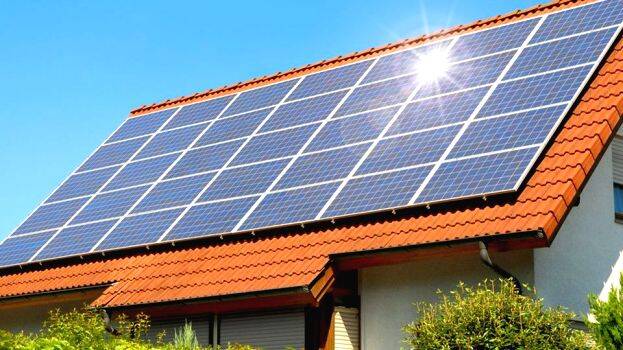

Some balky people in the KSEB are trying to make consumers reject the much-hyped rooftop solar project. The board came up with huge benefits as consumers began to flock to solar power. It was with great blessing that a bank loan and a government subsidy were announced to set up the plant. Hundreds of thousands of applicants came forward for this. There was a perception that the board would buy surplus electricity from solar power producers at a good price. If the customer does not have enough solar power, they can use the power supplied by the board. The idea was to pay the bill only for the electricity used. But the board is trying to back away from this promise. Proposals for this have been submitted to the Electricity Regulatory Commission and a decision is awaited. Consumption of those who have set up solar plants will be calculated using a net meter. The board argues that the gross meter is sufficient to measure the total power used. The board had promised to buy additional power at Rs 3.22. But what is being said now is that a price will be set on the actual consumption of the customer. The share of solar power will be reduced from this. For the solar, the customer will be paid only Rs 2.44 per unit. This is 78 paise less than the promised rate. At first glance, this may seem like an act of deception to the consumer.
The board argues that bringing in a net metering system would cause huge losses. In the case of gross metering, they can charge an additional 78 paise per unit. All you have to do is pay the solar customer Rs 2.44 per unit. The board, which is not able to make a profit even after burdening the customers, is experimenting with how it can hurt them even more.
The rooftop solar project, which did not materialize due to controversies during the Oommen Chandy government, is now coming to life as new problems are being hatched by the board. The central requirement is that non-conventional power generation should be at least six and a half per cent of the total electricity. In Kerala, it is not even 5% now.
The Electricity Board should be persuaded to correct the anti-consumer decisions. Provision for rooftop solar can be made mandatory when approving new buildings. If solar energy can be delivered to government-built homes under the Life project, it will be a major revolution. One can only guess at the total energy output when millions of such homes turn to solar power. Currently, only 292 MW of power is made through solar energy. It is not difficult to raise it to at least a thousand megawatts.